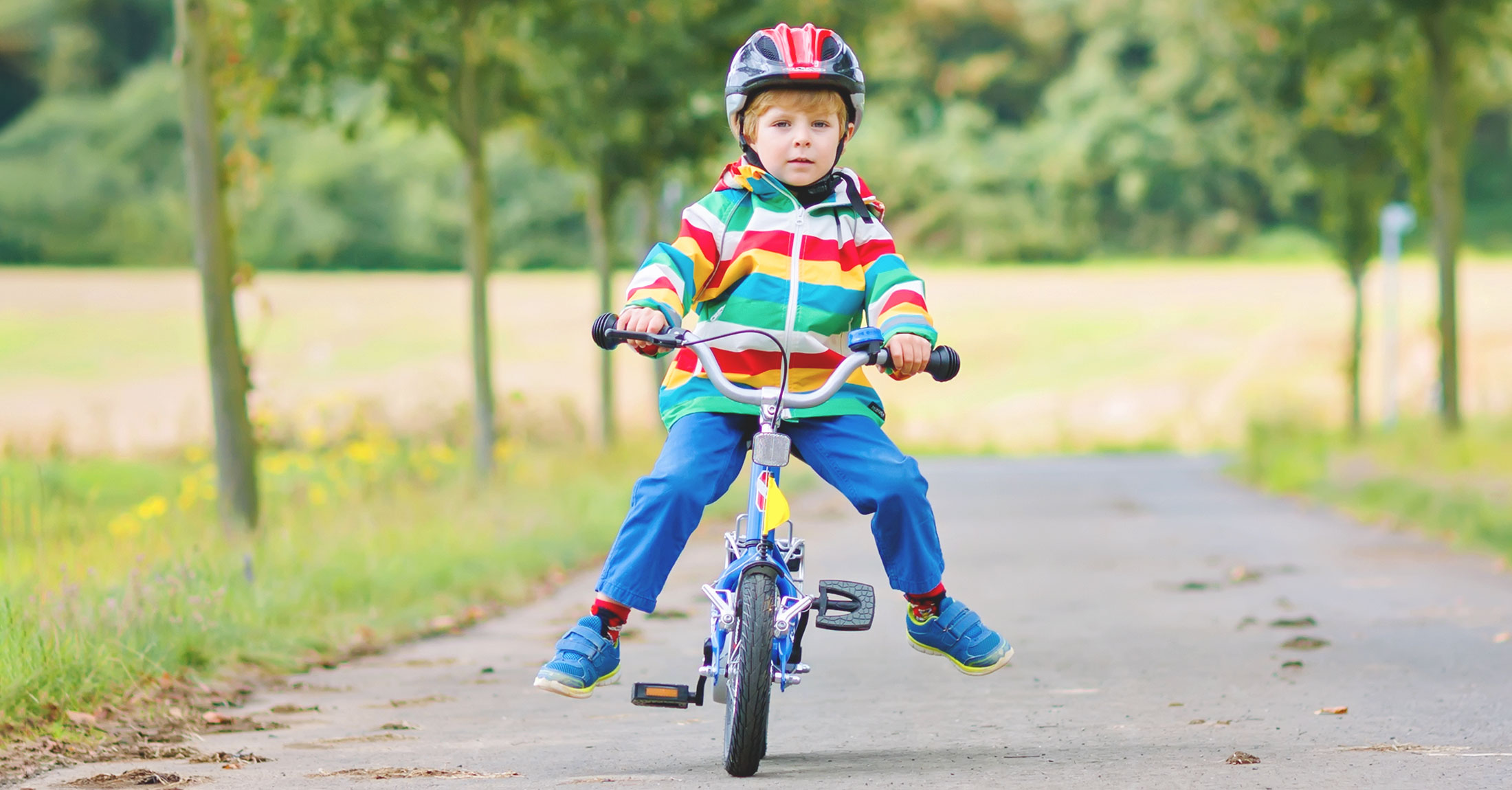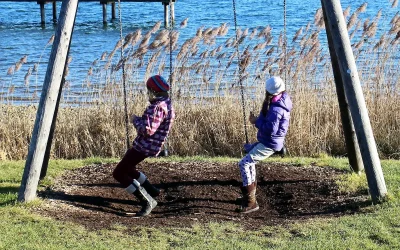In this episode, Dr. Joanne Foster talks about motivation, effort, how to motivate and support the best possible learning experiences for our gifted kids and more.
Memorable Quote
“The lesson here is that if you can help children find something that makes it their own, that they can take responsibility for and feel independent about and connect with other people with it as well… if someone really feels that the activity or the task is meaningful and that it suits their ability level and they can make it more interesting for themselves, they will be motivated.” – Dr Joanne Foster
“The word potential is really tough. Nobody knows anybody else’s potential really. I mean, we don’t have tea leaves. We don’t have crystal balls. We have to move forward without trying to put anybody into a box around what their potential may or may not be because it develops over time with the right opportunities to learn and with the kinds of encouragement and support that kids need in order to thrive.” – Dr Joanne Foster
Transcript
[00:00:00] Sophia Elliott: So today’s guest is Dr. Joanne foster. She’s a parent teacher, gifted education expert, educational consultant, and multiple award-winning author of lots of books, including the recently released being smart about gifted learning, empowering parents and kids through challenge and change who she co-authored with Donna Matthews and.
[00:00:26] Joanne focuses on supporting and encouraging children’s wellbeing, including their intelligence, creativity, productivity, and self-confidence. So it’s an absolute delight to have you with us today. Joanne, thank you so much all the way from Florida.
[00:00:41] Dr. Joanne Foster: Well, today I’m in Florida. Yes. Typically I’m in Toronto, which is my hometown, but we traveled down here for a little break and it’s actually quite pleasant to have the warmth and the Palm trees.
[00:00:52] So I’m appreciate.
[00:00:53] Sophia Elliott: Yeah. A big change from the snow back at home.
[00:00:57] Dr. Joanne Foster: You said it exactly. So you’ve
[00:01:00] Sophia Elliott: had quite the distinguished career in giftedness with just decades of experience. And I’m wondering, how did you get started in this particular.
[00:01:12] Dr. Joanne Foster: Interesting question. I was a teacher for several years and one day my principal called me in and said that we are going to start a gifted program in our.
[00:01:25] The area and we’d like you to look after it. And I said, well, okay, that sounds interesting, but I don’t have any training in gifted education. And he said, well, you’re creative. You’ll figure it out. So I went home that night and I thought about it and I thought, okay, it’s an opportunity. It’s different. I like creativity.
[00:01:42] I like challenge. I’ll do it. So I started reading up as much as I possibly could. This was back in the 1980s. And I took this class and I loved. Children were excited to be there. They were dynamic in terms of their connections with each other. They came from different schools and they came to me every afternoon.
[00:02:03] And in the morning I taught my normal math and English and the end of junior high school. And then I continued on in the field. I became a consultant. I learned everything I could. I got a master’s degree in special education and adaptive instruction with a focus on gifted. And I went on to get a doctoral degree in human development and applied psychology again, with a focus on gifted and I just kept had it.
[00:02:27] I went to every conference I could go to, I read everything I could. I researched. I wrote and over the years, Learned more, I’m a lifelong learner and I share whatever knowledge I possibly can in order to be able to help other people navigate this rather tricky landscape.
[00:02:46] Sophia Elliott: Yeah, definitely tricky. And wow.
[00:02:48] That’s, that’s quite the journey. So, started off as a teacher and like many teachers even. Not having the background and then just finding your way through a whole lot of research. And
[00:03:01] Dr. Joanne Foster: that I also taught at the university of Toronto in the teacher education program. So I taught gifted education and educational psychology.
[00:03:10] And that was a real eye-opener for me too, because in a lot of ways, teachers are not necessarily true. Um, to deal in the area of gifted education. So, so for me that was, that was an, an, another important aspect of what I, I did over the,
[00:03:24] Sophia Elliott: yeah, absolutely. And we find that here in Australia as well, teachers are starting out their careers without that adequate training.
[00:03:34] And you know, initially. The support and knowledge. So that’s certainly a difficult place to start from in terms of then having to potentially have gifted kids or be able to identify, you know, that a child is gifted. So that kind of interests me. You’re obviously, like you said, a lifelong learner and very motivated yourself.
[00:03:56] And I actually was talking to a parent recently and they were asking the question of how do we motivate. I a child or particularly a gifted child who just is not motivated to learn, which I thought it was a really interesting question given that, when you think of giftedness, you think of that rage to learn that kind of intrinsic motivation.
[00:04:21] But I guess, there are times where even gifted kids kind of lose that, that motivation and drive. So you, how can we help motivate our L our gifted kids to learn?








